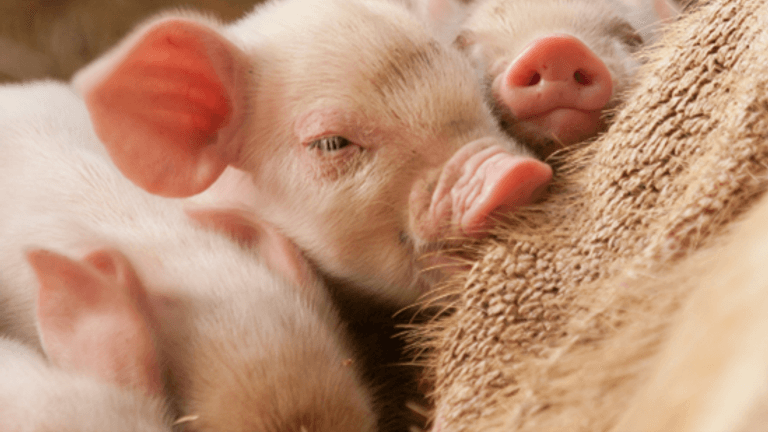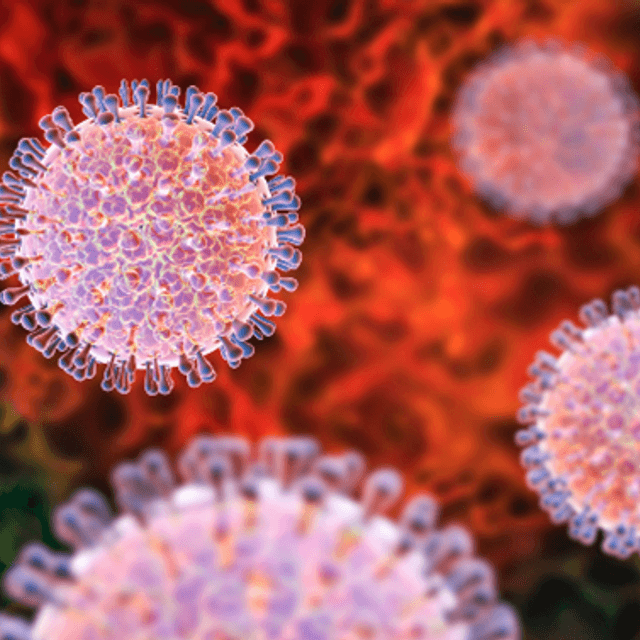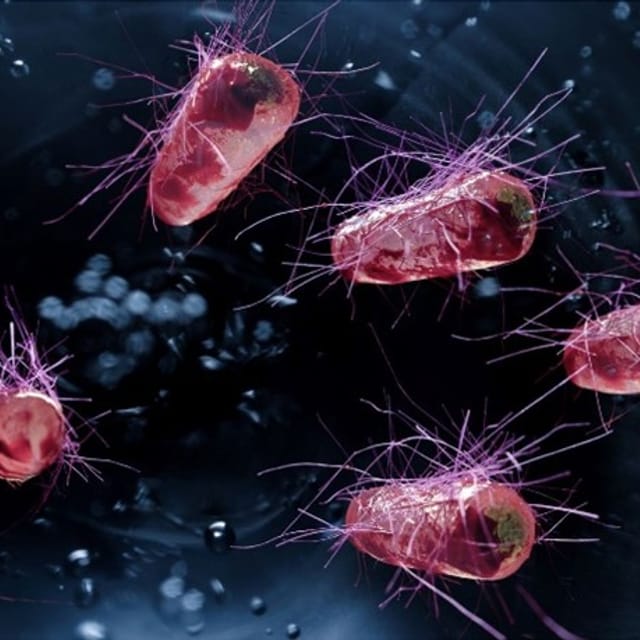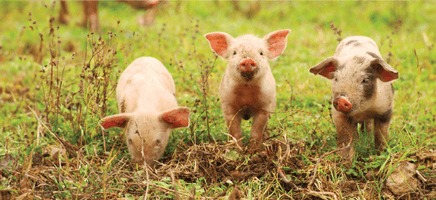
Managing Diarrhea in Piglets
Piglet diarrhea is a common and concerning issue, especially in the first weeks in piglets, affecting their health, growth, and overall well-being [1]. Implementing a comprehensive approach to manage diarrhea involves addressing various factors contributing to its occurrence and promoting optimal piglet health. Diarrhea can lead to rapid fluid loss, putting piglets at risk of dehydration, electrolyte imbalances, and compromised well-being. This condition disrupts nutrient absorption in the intestines, impacting the growth and development of young piglets. Pathogenic infections, stemming from bacteria, viruses, or parasites, frequently contribute to this issue, posing a potential hazard to the overall health of the herd. The economic repercussions of diarrhea extend to diminished growth rates, and the possibility of long-term health issues that could adversely affect the herd’s productivity.

Comprehensive Strategies for Managing Diarrhea in Piglets
In the realm of piglet care, a holistic approach is paramount, seamlessly weaving together stringent hygiene practices, vigilant colostrum management, and timely interventions to uphold their well-being. Robust housing, feeding, and bedding protocols form the foundation, creating an environment that minimizes exposure to harmful pathogens. The strategic administration of vital colostrum ensures piglets receive essential antibodies and nutrients promptly, setting the stage for optimal health.
A noteworthy addition to this comprehensive approach is the administration of specific botanicals, which have shown promising benefits in managing diarrhea. These botanical elements aim to fortify the resilience of the piglet’s digestive system, playing a supportive role in enhancing overall health during episodes of non-specific diarrhea. When integrated into broader piglet management practices, these botanicals contribute to the holistic strategy employed for piglet care.

In the realm of piglet health, monoglycerides, particularly from short and medium-chained fatty acids, emerge as influential players. Recognized for their antimicrobial efficacy in poultry production, they offer a unique approach to promoting biosecurity and animal health. Derived from medium-chain fatty acids (MCFA), medium-chain monoglycerides (MCMG) exhibit membrane-disruptive properties, targeting bacterial and viral lipid membranes. In the context of the poultry industry, where infectious diseases pose economic threats, MCMG showcase broad-spectrum antimicrobial activity against various pathogens.
Extending beyond poultry, the potential of MCMG to inhibit the growth of Clostridium perfringens is crucial for preventing Necrotic Enteritis in piglets. By disrupting the lipid membranes of bacteria, MCMG not only inhibits growth but also mitigates toxin production, offering a sustainable alternative to antibiotic use. Treating sows with MCMG not only reduces pathogenic pressure but also contributes to a healthier environment for piglets, marking a significant stride towards enhancing piglet health and well-being. In pursuing sustainable practices, mono- and diglycerides, particularly MCMG, emerge as promising allies in the ongoing effort to elevate piglet care standards.
TanniFit Plus - a tailored solution for piglet well-being during diarrhea. Potent botanicals support mucosal function. Trust XVET’s commitment to piglet health—TanniFit Plus is your ultimate choice for proactive care, ensuring the success of your operation. NovoVital Dry, the choices for a strong sow and perfect prevention strategies right from the start.
Our Solution
 TanniFit PlusMake your little ones fit again
TanniFit PlusMake your little ones fit again